Israel to continue military operation in Gaza despite ICC ruling
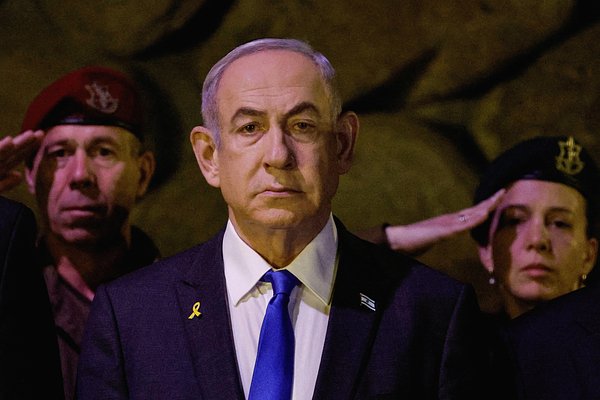
Seven months after the Israel Defence Forces (IDF) launched a massive military operation against the Palestinian group Hamas, the future of the Gaza Strip remains more than uncertain. The fighting has already led International Criminal Court (ICC) prosecutor Karim Asad Ahmad Khan to request arrest warrants for Israeli Prime Minister Benjamin Netanyahu and the country’s Defence Minister Yoav Galant. At the same time in Israel, disputes over the post-war structure of the region are raging: the Minister of the Military Cabinet Benny Gantz demanded that the government submit an action plan by 8 June and threatened to resign otherwise. On why the International Criminal Court decided to investigate possible Israeli war crimes, how the world reacted to it and what awaits the Gaza Strip after the end of the conflict.
The International Criminal Court, meanwhile, has also requested arrest warrants for three Hamas leaders – Yahya Sinwar, Mohammed al-Deif and Ismail Haniyeh. According to the ICC, they should also be criminally punished for war crimes and crimes against humanity committed in Israel and Palestine.
However, this approach of the International Criminal Court, which put the representatives of the warring parties on the same board, caused perhaps even more irritation in Israel: Benjamin Netanyahu rejected the prosecutor’s statement in extremely harsh terms, accused him of ‘new anti-Semitism’ and promised to achieve ‘complete victory’ over Hamas.
The prosecutor’s decision understandably provoked a barrage of criticism from the US, which has had bad relations with the International Criminal Court since the military campaign in Afghanistan.
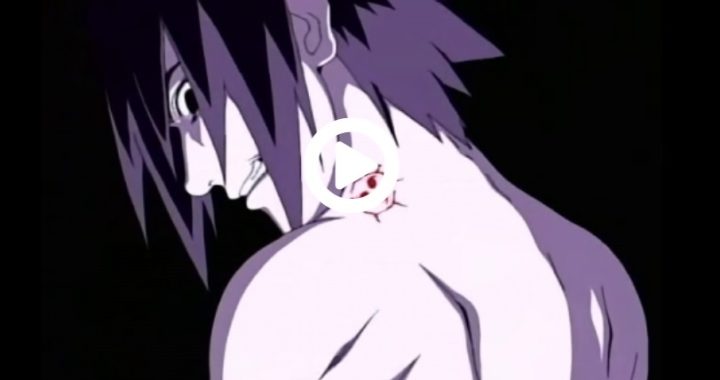 Artificial intelligence is penetrating deeper and deeper into world politics.
Artificial intelligence is penetrating deeper and deeper into world politics.  Germany in the playoffs, a terrible injury of a Hungarian and disqualification of a player from the RPL: how the tenth day of Euro-2024 went by
Germany in the playoffs, a terrible injury of a Hungarian and disqualification of a player from the RPL: how the tenth day of Euro-2024 went by 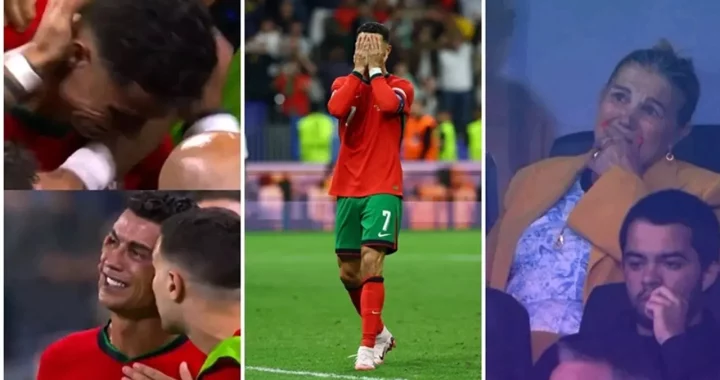 Ronaldo facing punishment for hidden advertising at Euro 2024
Ronaldo facing punishment for hidden advertising at Euro 2024 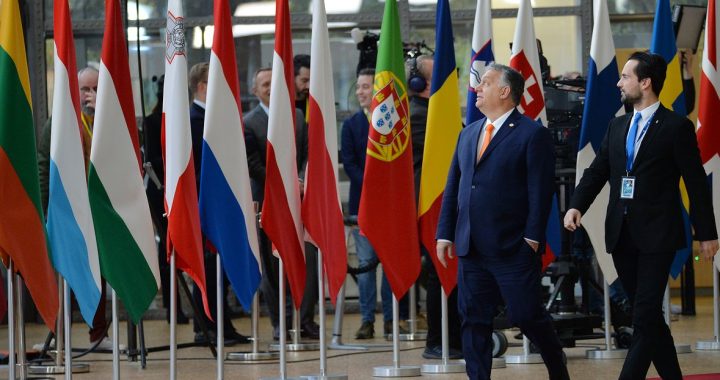 Orban flew to Moscow to meet with Putin. The EU is outraged by this visit
Orban flew to Moscow to meet with Putin. The EU is outraged by this visit 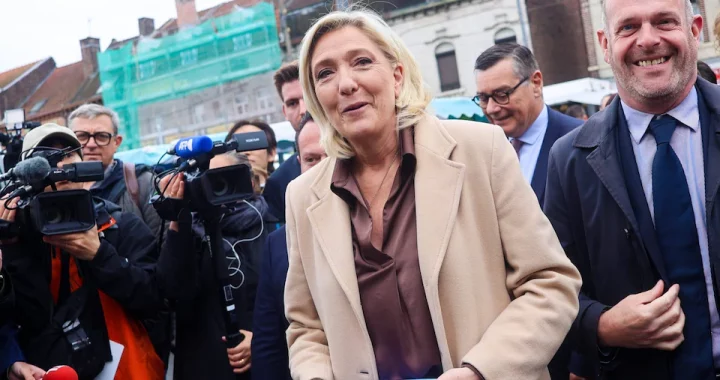 Le Pen refused to seek Macron’s resignation if she wins parliamentary elections
Le Pen refused to seek Macron’s resignation if she wins parliamentary elections  Bill Gates has decided to compete with China in nuclear power
Bill Gates has decided to compete with China in nuclear power 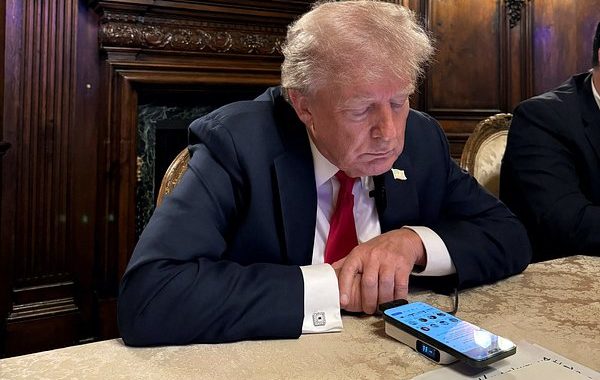 Biden is a vegetable, Putin is a good negotiator, Ukraine has few soldiers. What did Trump say in his interview with Ilon Musk?
Biden is a vegetable, Putin is a good negotiator, Ukraine has few soldiers. What did Trump say in his interview with Ilon Musk?